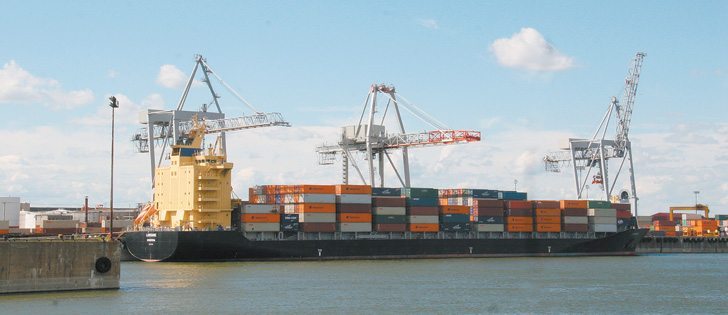So here we are, a little more than 60 days from the end of the orderly marketing of wheat and barley in Western Canada.
When July ends, so do the marketing advantages of the real Canadian Wheat Board.
Of course, those that have made careers of mindlessly bashing the board at every turn are pleased.
But what about the rest of us? You know, the majority?
Despite the endless hype from federal agriculture minister Gerry Ritz and the long line of grain companies that pledged to play nice with a voluntary board, only one company has signed a handling agreement with the board at the time of writing.
Read Also

Worrisome drop in grain prices
Prices had been softening for most of the previous month, but heading into the Labour Day long weekend, the price drops were startling.
In July of last year, the farmer-led CWB sent a letter to Ritz outlining six points that we needed the government to think about if it was serious about trying to maintain some kind of voluntary board. Those six points included:
- Government willingness to be the initial owner of a new entity that has a share capital structure. Under the circumstances, and in view of the short time frames, a new entity would be unable to become operational under any other ownership structure.
- An appropriate exit strategy would have to be put in place to enable the government to divest its shares in a new entity in due course.
- Government willingness to ensure regulated access to country and port terminals to ensure competitively priced access to these facilities with service levels that would enable third parties to compete effectively.
- Government willingness to provide a new entity regulatory authority to direct its own grain to port terminals of its choosing.
Our concerns didn’t come out of thin air. They came after years of planning and looking at different options under which the CWB could continue to operate and add value for prairie farmers.
The minister’s response to the issues we raised in the points above? After a delay of several weeks, the minister rejected these issues with one sentence in a return letter saying that our issues “appear inconsistent with an open and competitive grain market.”
Instead of acting responsibly, the government then went on to publicly insult the elected directors as individuals, the staff and CWB as an organization.
And, on Oct. 18, the minister illegally introduced legislation that ended any elected farmer oversight and control of the CWB.
As for the minister’s creation, the Conservative Wheat Board, it is the opposite of strong and viable.
The recent announcement that the new temporary board would cut its staff by more than three-quarters shows just how untrue the minister’s statements have been.
No asset-less, start-up grain company is strong or viable when it has to rely 100 percent on its competitors for its day to day operations.
Organizations like the Friends of the CWB, the Canadian Wheat Board Alliance, the Producer Car Shippers of Canada, the former elected directors, the National Farmers Union and others are fighting back.
In 2007, the Harper government tried to illegally remove barley from the jurisdiction of the CWB. The Friends of the CWB and the CWB itself forced the issue into federal court and prevailed.
A peer-reviewed analysis by U.S.-based economists that had access to the CWB books showed that our court action has put an extra $428 million dollars into the pockets of western Canadian farmers since 2007.
We did it then and we can do it now. Don’t settle for less. Support the Friends of the CWB and settle for more.
Wells is a former farmer-elected member of the CWB board and current chair of Friends of the CWB.














